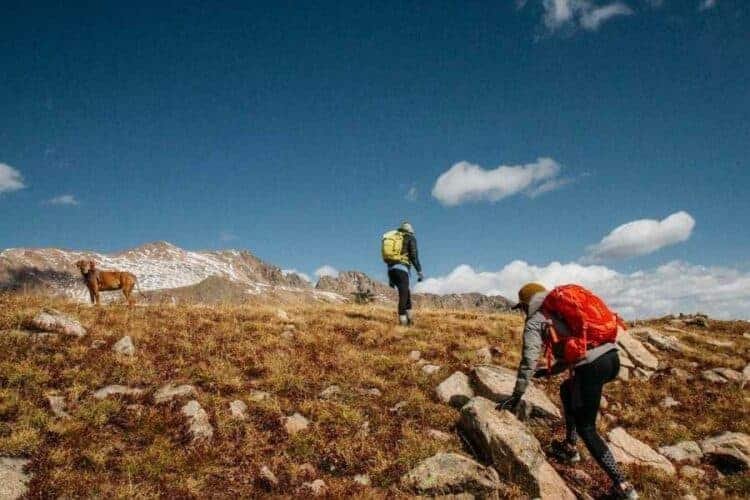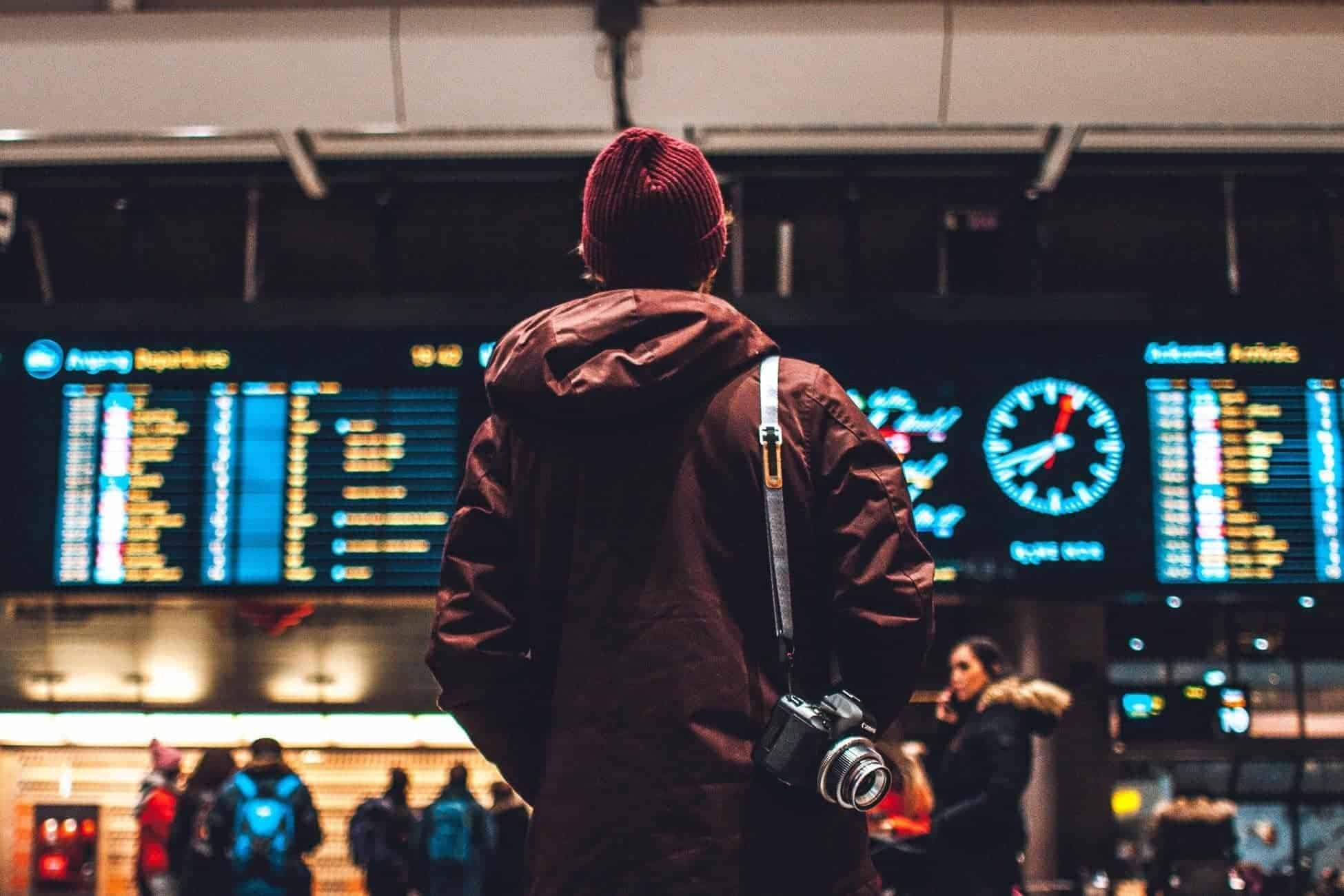This article is a guide for those who are planning on visiting a dangerous place. One must take care of these 7 things in consideration before going to a dangerous place as they will help you immensely during your visit.

1. Research the area thoroughly before you travel there
Tourism is an important economic sector for many countries. However, before a visit, it is important to research the area thoroughly. The tourist board should be contacted in advance and they should confirm the itinerary of the trip. If there are any health concerns, vaccinations or medical prescriptions should be obtained before traveling to avoid any problems on arrival. There are also cultural differences that may not be understood before arriving.
2. Be aware of the risks and take precautionary measures before you start to travel

It is a good idea to take precautions before you start traveling. It can be hard to know what diseases are in the area, which is why it is important to research the country or region you are going to before you go. This will help you avoid getting sick and possibly get treatment if you do get sick.
Many risks come with traveling. You may be visiting an area where there is war, civil unrest, natural disasters, or other threats that could cause harm. You should also take into account how much time before your trip your last immunization was administered because some vaccinations need time to work and they might expire while on the road.
Overall, it is important to know about these risks and take appropriate measures when traveling so that you can stay safe and healthy.
3. Make sure that the traveling agent or Tourism Company that is managing your travel is credible and trustworthy

Travel agencies who are not credible and trustworthy can damage your experience abroad. A great destination can be ruined if you have to deal with a dishonest and unreliable travel agency. A recent study found that as many as 60% of travelers have been subject to some kind of travel-related scam or fraud in the past year. And more than one-third said they had been victimized multiple times.
4. Ask for references if you are not sure about a travel company
When you are looking for a travel company it is important to do your homework. Although there are many reputable companies, some of them may not be as reliable as you would hope. One way to find out if a company is reputable is to ask for references from people who have used the company in the past or look into their reviews online. This will give an overall picture of the traveling company and help you decide whether you should take their services or not.
5. Make sure you have all the necessary safety equipment/gear with you

If you are traveling to a place with a known history of wildlife attacks or law & order problems, then you must consider taking some safety types of equipment/gear with you. While in most cases, you may not use them, in case of emergency they can turn out to be a lifesaver. As we never know when and how a seemingly innocent incident can take a violent turn, it is always better to be prepared. Though it is not advisable to keep any weapon with you, many survival gears are allowed in most places. You may also consider having a look at hunting gears as they are specially developed to face any survival situation that may emerge in the wild.
There are different types of safety equipment and each has its own set of uses:
– Personal protective equipment (PPE) different PPEs suit different work conditions. Some examples are: – A hard hat is used to protect against falling objects or objects that can fall from a height, like tools.
– Safety goggles can protect your eyes from dust, chemicals, and other harmful substances in your environment. – Gaiters can help prevent objects from getting into boots when walking in muddy or wet areas.
– Gloves provide protection from dangerous surfaces: – Gloves are a protective gear used for a variety of different purposes. They provide protection from rough surfaces that can cause injury, and they are also particularly helpful in industries that involve hazardous material handling or situations.
6. Prepare your itinerary in advance to avoid getting lost in the forests (e.g., bring a map)

Technology is our best friend when it comes to providing us with directions. We can use GPS and maps to give us the information we need. But if you are going on a long hiking trip, you should still prepare your itinerary in advance to avoid getting lost in the forest.
When you are hiking in the forest, it’s easy to get lost without a map. You can avoid getting lost by mapping out your route beforehand. This will allow you to know where you are going and how to get back if you ever veer off course.
Travelers often find themselves without a map or any visual cues, but there are ways around this issue. For example, they can bring their phones or any other mobile device that has GPS enabled so they can track their location and find a way out of the forest back to civilization.
7. Respect local people, customs, environment, wildlife, and laws

Tourists are not always aware of the local customs and laws. They often do not think about the consequences of their actions and how they will affect the locals. We should be respectful enough to know what is culturally acceptable in that country and act as per the norms. As a traveler, it’s important to understand how your presence will be viewed by locals. This rule applies to both the way you dress and act while abroad as well as the things you say.
It is important to be environmentally conscious when traveling abroad. We should try and avoid littering, polluting, or using too much water or electricity unnecessarily. We should also try to use public transportation if available to reduce our carbon footprint though it is not mandatory an environmental obligation.




